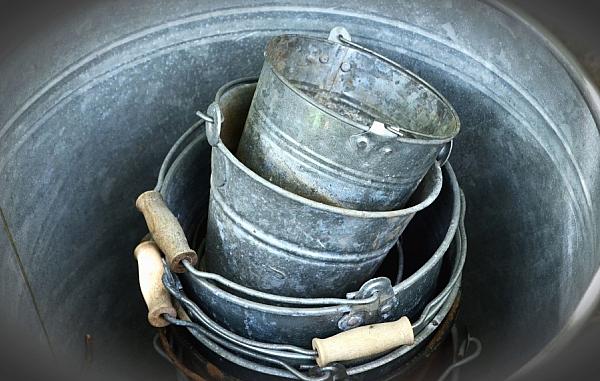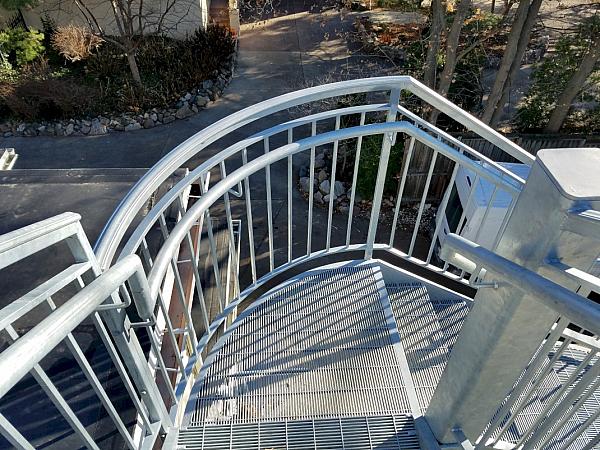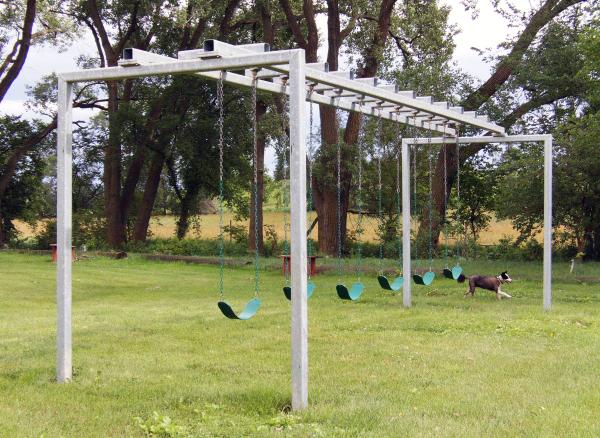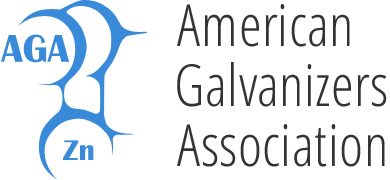Zinc & Household Items FAQ
Zinc is everywhere. Not only is it an essential nutrient found in your body, but a surprising amount of household products and appliances contain zinc or feature galvanized components. What are some of the most commonly asked questions relating to zinc and household safety?
Click on the question to be taken to the answer listed further down on the page. If you do not see your question listed here, try using the search engine at the top of the page, or contact [email protected] for assistance.
- “There’s zinc in my lotion/sunscreen/baby’s diaper rash ointment. How much can I use before zinc poisoning becomes a risk?”
- “The burner/drip tray on my grill/toaster/smoker is galvanized. What temperature range is safe for regular use?”
- “I’ve inherited some galvanized food containers, platters, utensils, and drinking containers. Are there any foods or drinks that I should avoid using with galvanized kitchen items?”
- “My gardening tools/fencing/pots are galvanized. Will they harm (or be harmed by) fertilizer/potting soil/vegetables in my garden?”
- “I learned that tires and other automobile items contain zinc. Can this harm wildlife or the environment surrounding my home?”
- “I recently welded some galvanized fencing together and now I feel like I’m dying. What’s going on?”
- “I licked some hot sauce off a galvanized handrail. Will I be okay?”
- “I’m on a fully organic diet. But my multivitamin contains zinc. Is zinc organic?”
- “Is galvanized playground equipment safe for kids to play on?”
- “Could using galvanized steel buckets/anchors/etcetera affect my local body of water?”
- “The cleaner I used on a galvanized surface left it darker and dull in appearance. Are there any cleaners that are recommended for HDG?”
FAQs
“There’s zinc in my lotion/sunscreen/baby’s diaper rash ointment. How much can I use before zinc poisoning becomes a risk?”
Zinc poisoning is rare and usually only occurs when zinc is inhaled or ingested in large amounts. Products containing zinc, if used according to the manufacturer's recommendation, pose no risk of zinc poisoning because nano zinc-oxide particles in these products do not penetrate the skin.
“The burner/drip tray on my grill/toaster/smoker is galvanized. What temperature range is safe for regular use?”
Your appliance is safe to use at elevated temperatures, but excessive heat may damage the coating. When considering short-term usage, that is, periods of less than two hours at a time or one-time temperature excursions for less than twenty-four hours, the recommended maximum service temperature for galvanized steel to avoid damage is approximately 660° F (350° C). Most galvanized tray components or galvanized grill/toaster/smoker elements will not reach temperatures of concern. Read more about HDG in Extreme Temperatures here.
“I’ve inherited some galvanized food containers, platters, utensils, and drinking containers. Are there any foods or drinks that I should avoid using with galvanized kitchen items?”
It is safe for most foods to be in contact with zinc, and most foods do not cause excessive corrosion of galvanized steel. The only exception is acidic foods. The U.S. Department of Health and Human Services' 1997 Food Code, Section 4-101.15 Galvanized Metal, Use Limitation, reads: "Galvanized metal may not be used for utensils or food contact surfaces of equipment that are used in contact with acidic food". You can use a liner material to avoid direct contact.

“My gardening tools/fencing/pots are galvanized. Will they harm (or be harmed by) fertilizer/potting soil/vegetables in my garden?”
Unless acidic vegetables directly contact HDG items for extended periods, you should not have any issues. Most fertilizers work well with HDG and many major greenhouses and industrial grow operations utilize HDG without issue. When in doubt, follow the guidelines of the U.S. Department of Health and Human Services, "Galvanized metal may not be used for utensils or food contact surfaces of equipment that are used in contact with acidic food".
“I learned that tires and other automobile items contain zinc. Can this harm wildlife or the environment surrounding my home?”
Organisms are used to varying levels of zinc naturally, they are able to regulate the uptake of zinc through homeostasis. See AGA’s Zinc in the Environment for more information.
“I recently welded some galvanized fencing together and now I feel like I’m dying. What’s going on?”
Overexposure to zinc or zinc oxide welding fumes can cause metal fume fever, more commonly called "zinc chills or zinc shakes". This illness is temporary and complete recovery normally occurs within 24-48 hours. This is easily and commonly avoided by removing the zinc coating before welding and welding in a well-ventilated area. Read more on Welding Galvanized Steel here.

“I licked some hot sauce off a galvanized handrail. Will I be okay?”
Although hot sauces are typically acidic, and therefore known to cause increased corrosion when in direct contact with galvanized steel, it is unlikely that zinc corrosion byproducts caused by hot sauce will exceed recommended daily zinc intake levels. According to the National Institutes of Health, 40 mgs of zinc are considered within daily tolerable upper intake levels. The hundreds of thousands of germs and microbes on the handrail’s surface present a much larger health risk than zinc byproducts.
“I’m on a fully organic diet. But my multivitamin contains zinc. Is zinc organic?”
As one of nature’s essential elements, zinc is required by humans throughout their life cycles to grow and develop. In fact, zinc plays a part in more than 300 enzymatic processes in our bodies – and is vital to the immune system. It is also crucial for protein and DNA synthesis, gene development, and fertility. Zinc occurs naturally throughout the earth in plants and animals and the food we eat because every cell requires zinc to multiply. Read more about Zinc Health Effects here.

“Is galvanized playground equipment safe for kids to play on?”
Yes, galvanizing is commonly used in high-contact applications like fences, railing, and sporting arenas safely.
“Could using galvanized steel buckets/anchors/etcetera affect my local body of water?”
This is unlikely. In the vast majority of cases, HDG is not harmful to aquatic life. See our Zinc & Stormwater article for more information.
“The cleaner I used on a galvanized surface left it darker and dull in appearance. Are there any cleaners that are recommended for HDG?”
The AGA has tested some cleaning products and learned that effective cleaners fall into two categories: Effective Cleaners that do not affect the appearance of HDG and Cleaners that work but may also affect HDG’s appearance.
AGA Tested and Approved Cleaning Products
- CLR®
- Lime juice
- Naval Jelly® Rust Dissolver
- Picklex™ 10G
- White Vinegar
AGA Tested Cleaning Products Known to Affect HDG Coating Appearance/Aesthetics
- Ammonia
- Bleach
- Muriatic Acid
- Goof Off®
- Simple Green®
- The Must for Rust®
- Stainless Steel Cleaner
- Klean-Strip® Graffiti Remover
- Mötsenböckers Lift Off 4®
© 2026 American Galvanizers Association. The material provided herein has been developed to provide accurate and authoritative information about after-fabrication hot-dip galvanized steel. This material provides general information only and is not intended as a substitute for competent professional examination and verification as to suitability and applicability. The information provided herein is not intended as a representation or warranty on the part of the AGA. Anyone making use of this information assumes all liability arising from such use.

